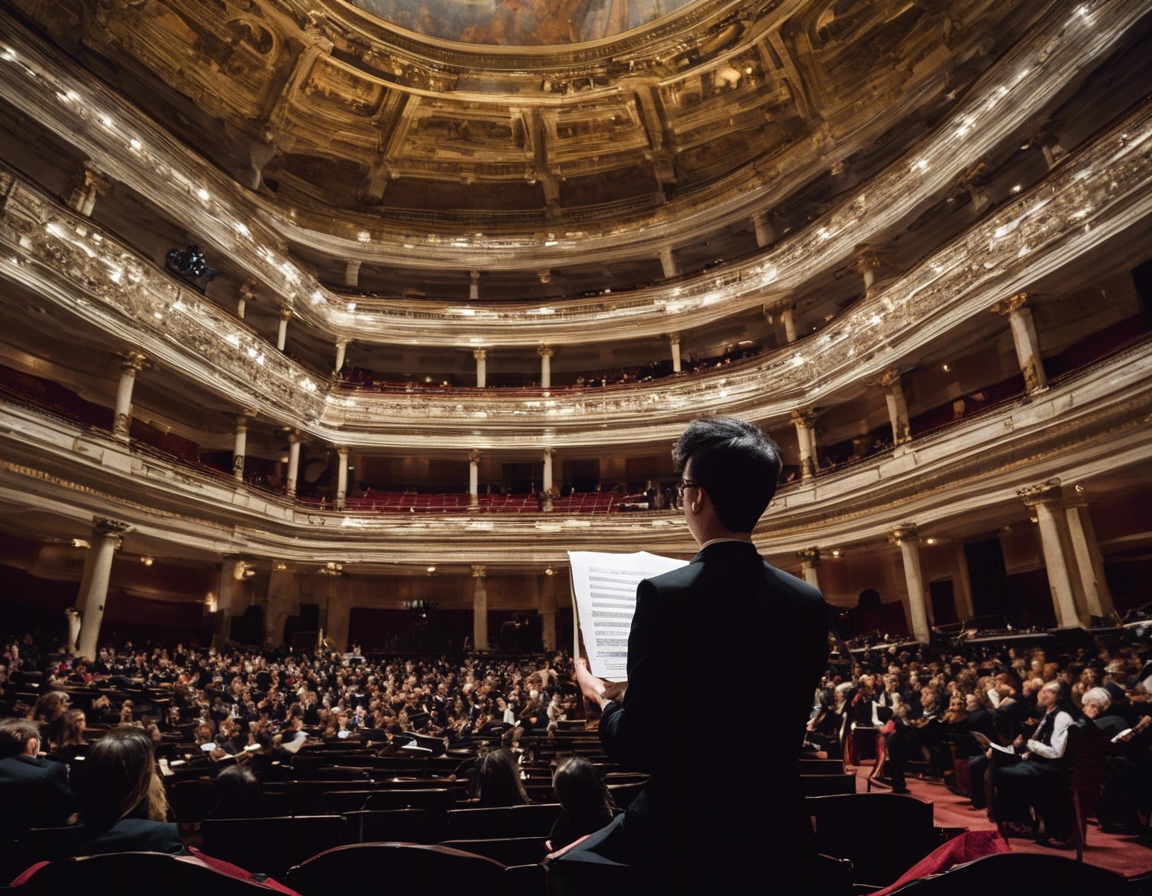Behind the scenes: making of a concert
Every concert is a story told through music, and behind each performance is a vision that drives the entire production. This vision is often a collaborative effort between artists, producers, and directors, aiming to create an unforgettable experience for the audience.
Concert production is a symphony of efforts by various professionals, including event planners, sound engineers, lighting technicians, stage designers, and many others who work tirelessly to bring the vision to life.
Pre-Production Phase
The pre-production phase is where the concert's blueprint is drawn. It involves brainstorming themes, selecting music, and mapping out the event's logistics.
Securing the right artists and the perfect venue is crucial. This step requires negotiation skills and an understanding of the market.
Effective marketing campaigns are essential for a successful concert. This includes social media promotion, traditional advertising, and engaging with fans.
Production Phase
During the production phase, the technical crew sets up equipment and the artists begin rehearsals to ensure a flawless performance.
Sound and lighting are pivotal in creating the right atmosphere. Designers work to enhance the audience's sensory experience.
The stage is the canvas for the performance. Designers and construction crews work to create a set that complements the music and artist's presence.
Performance Day
On the day of the concert, final touches are added, and a thorough soundcheck is conducted to iron out any technical issues.
Stage managers play a pivotal role in ensuring that the concert runs smoothly, coordinating between the artists, crew, and venue staff.
Despite meticulous planning, unexpected challenges can arise. The production team must be adept at problem-solving to ensure the show goes on.
Post-Production and Follow-Up
After the final encore, the production team disassembles the set, ensuring that every piece of equipment is accounted for and properly stored.
Post-concert, the team reviews the performance to assess what went well and what could be improved for future events.
Engagement doesn't end with the curtain call. Post-event communication with the audience can provide valuable feedback and maintain a connection with the fanbase.






Comments (0)